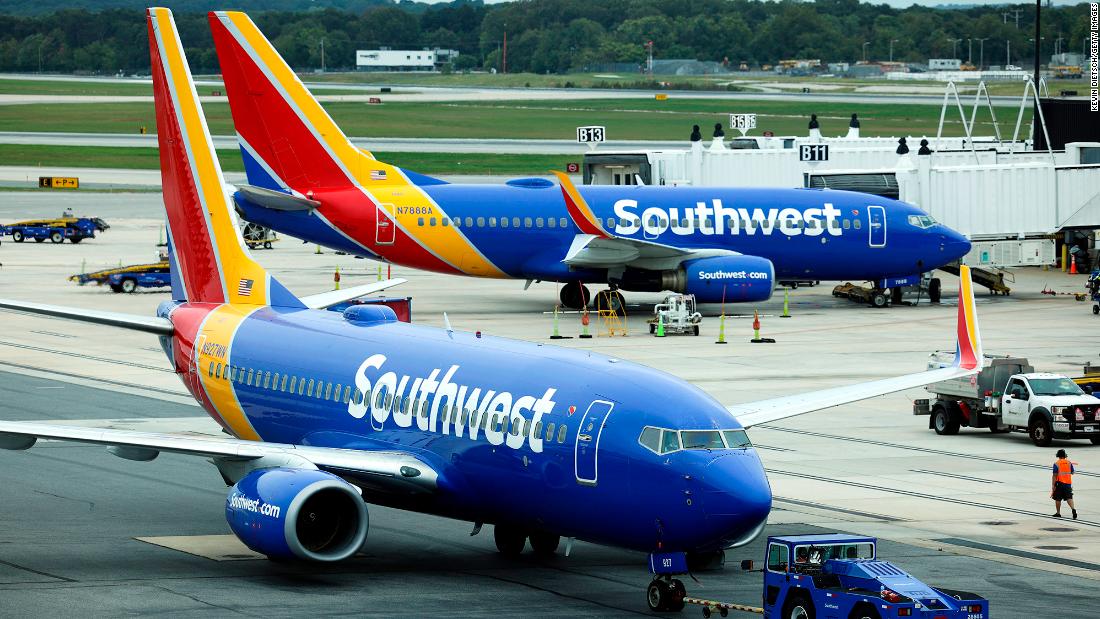A RUSSIAN “floating bomb” ship carrying 20,000 tonnes of explosives has “dumped” part of its load 14 miles off the UK coast.
It comes after the ship was turned away by several other European countries, over fears about the dangerous cargo.
East Anglia News ServiceThe MV Ruby has returned to Norfolk after dumping an explosive substance 14 miles off the UK coast[/caption]
East Anglia News ServiceConservative councillors have raised concerns about the ship remaining in Great Yarmouth[/caption]
The MV Ruby docked up in Great Yarmouth, Norfolk, on October 28, with plans of transporting the load of explosive fertiliser to a harbour in the town.
But anxiety grew about the huge quantity on board, which was seven times the amount involved in a blast in Beirut, Lebanon – killing 218 people and injuring another 7,000.
The substance, called ammonium nitrate, can become explosive if it is badly managed or exposed to heat or pressure.
The ship then returned to the waves this weekend to discard a “small quantity” of “the “contaminated” substance into the sea, according to the coastguard.
Today, it returned to Great Yarmouth, sparking outrage among Conservative councillors at Norfolk County Council and Great Yarmouth Council.
In a joint statement, Kay Mason Billig and Graham Plant said: “We are extremely concerned that the Secretary of State’s representative has agreed that this ship can return to Great Yarmouth.
“That is unacceptable.
“It should never have come in the first place, due to the potential risk of a major explosion that could have affected residents and businesses across Great Yarmouth.
“On behalf of the people of Yarmouth, we urge the Government to halt the return of the MV Ruby.”
However, Richard Goffin, director of the Port of Great Yarmouth, insisted that the substance was safe.
He said: “Fertiliser is a normal cargo that is handled in bulk at ports up and down the country every single day. There would be no UK agriculture without it.
“We have performed our duty as a port to help a vessel in distress, and its crew, by providing a safe haven.
“Everything we have done has been in accordance with guidance and direction received from the Secretary of State’s representatives and the Health and Safety Executive, as well as discussions with many other public agencies, including Norfolk County Council.”
A Department for Transport spokesperson added: “The port and vessel operator have carried out an operation, with advice from the Maritime Coastguard Agency and the Health and Safety Executive, and are content that the MV Ruby and its cargo meet safety standards.
“We continue to support the agencies involved, as well as the local authority.
“The decision to allow the MV Ruby back into Great Yarmouth port was a commercial one, agreed between the ship operator and the port.”
The Ruby was first seen near the Kent coast in September after being forced to leave the Norwegian port of Tromso due to fears over the massive cargo on board.
The damaged cargo ship made the decision to stop in Tromso, Norway, on September 3, whilst seeking safety from a storm.
Its propeller, hull, and rudder had been damaged, but following several days authorities insisted the ship leave as fears grew among locals.
After docking briefly in Norway, authorities ordered it out just days later after fears its explosive cargo posed a risk to the city.
But Sir Roger Gale, MP for Herne Bay and Sandwich, said that the cargo was safe following a meeting with shipping minister Mike Kane.
He posted on social media: “I am advised that the cargo, originally destined for Africa is safe”.
He added that he did not believe that the ship was Russian-owned and that “no international law has been broken”.
According to Marine Traffic, the Ruby was headed to Malta.
However, a spokesman for the Maltese transport ministry told local press that without emptying its cargo, the ship would not be allowed in Maltese waters.
They confirmed that “the ship will only be allowed to port in Malta if it empties the cargo; if not, it will not be allowed to enter Maltese territorial waters.”
What is ammonium nitrate and what is it used for?
Ammonium nitrate is a chemical compound with the formula NH₄NO₃.
It is a white crystalline solid and is highly soluble in water.
Ammonium nitrate is predominantly used in agriculture as a fertiliser.
The chemical is applied in granule form into the soil and quickly dissolves under moisture, allowing nitrogen to be released.
Another use of ammonium nitrate is in the food industry where it is used as a nutrient in producing antibiotics and yeast.
In most countries, it is used to make explosives for mining, quarrying and civil construction because of its low cost and ready availability.
It has been the cause of numerous industrial explosions over the last three decades, including the explosion at a chemical plant in Toulouse, France, in 2001 that killed 31 people.
Ammonium nitrate was also used to create the explosives used in the 2006 Mumbai train bombings.
Published: [#item_custom_pubDate]















































































































